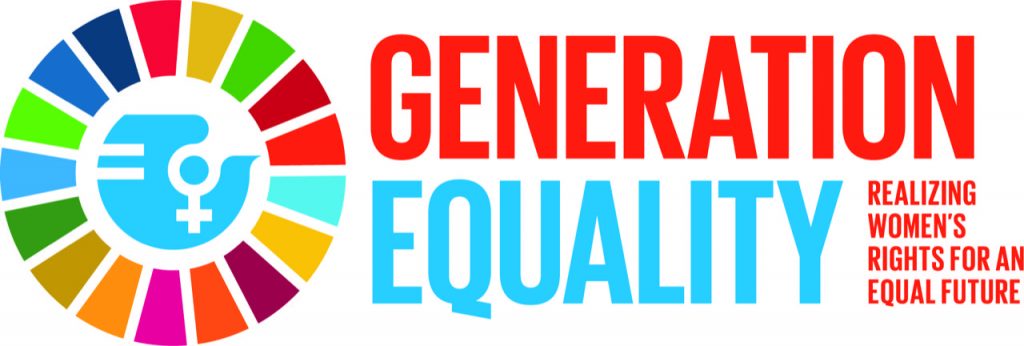
International Women’s Day: Address barriers to the realization of women’s rights
Lusaka, 06 March 2020: To commemorate International Women’s Day on 8thMarch 2020, Panos Institute Southern Africa calls for concerted efforts to address the various social and economic barriers to the realization of women’s rights which remain largely unaddressed.
Panos is concerned that 25 years since the Beijing Declaration and Platform for Action resolution to achieve gender equality, gender inequality still reigns supreme in Southern Africa. Women continue to be pushed to the margins by social and economic systems and structures.
The theme for International Women’s Day 2020 (IWD2020) is I am Generation Equality: Realizing Women’s Rights. The IWD2020 theme is a call to reflect on the progress made in advancing women’s rights 25 years after the Beijing Declaration and Platform for Action, undoubtedly one of the most significant steps in the quest for gender equality and gender equity.
While some milestones have been recorded in addressing the barriers to gender equality and gender equity, more still needs to be done. For example, most Southern African countries still fall short in terms of achieving or showing commitment to gender equality and equity in key leadership positions.
Of concern to us is the fact that the participation of women in political leadership and public administration is low. In 2018, Panos conducted a study that identified various political party structures and systems that marginalise women and hinder them from taking up leadership. The assessment confirmed that participation of women in political party leadership is very marginal. The gender disparity in leadership creates difficulties for women to thrive as they compete with men who are already dominating and then also have to deal with the deep-rooted patriarchalbeliefs and attitudes that leadership is for men.
The Panos study confirmed that political parties have written and unwritten principles, practices, laws, rules, guidelines, values and procedures that mostly disadvantage women. These are rooted in the patriarchal culture and tradition that obtains across Southern Africa, and the existence of a “glass ceiling” characterised by some “unwritten rules” or unacknowledged barriers hindering women. Sexual harassment and general political violence also discourage women from participating in even the most basic political activities.
Panos views the IWD2020 as a reminder of the unfinished work to realisewomen’s rights. The IWD2020 is an important reminder of the important role we all have to play to achieve gender equality. In order to fully realisewomen’s rights, and achieve gender equality, effective strategies must beemployed to address the continued marginalisation of women. Panos encourages governments to put in place and adhere to national and international principles on to ensure gender balance.
We encourage the media to continue to provide a space for women’s voices, to highlight and challenge the stereotypes that disadvantage women. We also urge decision makers to put in places laws, policies and other instruments to address the current barriers to the realization of women’s rights. Civil society, traditional and religious leaders, and other opinion leaders also have a role to play in advocating for equality and the realization of women’s rights.
Issued by: Vusumuzi Sifile, Executive Director
Email: vusa@panos.org.zm
Notes for Editors
A copy of the Panos report on the assessment of political party systems and structures that marginalise women is available on https://www.panos.org.zm/wp-content/uploads/2021/12/Panos_Assessment-of-Political-Party-Systems-and-Structures-that-Marginalise-Women-1.pdf